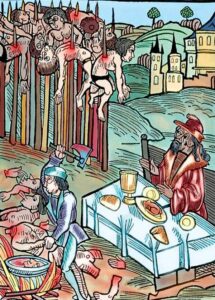 With special guest Longinus, P&C drink and review Bloodline, an IPA by Flying Dog, then discuss Vlad the Impaler and Dracula.
With special guest Longinus, P&C drink and review Bloodline, an IPA by Flying Dog, then discuss Vlad the Impaler and Dracula.
The boys discuss the origins of vampire stories, and the association between vampires and Dracula.
Bram Stoker loosely based his story on Vlad the Impaler, who was a 15th century badass in the general area of modern-day Romania.
P&C review the basic historical situation and life of Vlad, and his reputation for cruelty. Some reports say he was a psycopath, worse than Caligula and Nero.
Stoker’s book (and a few contemporary works) introduced many of the elements of the modern-day vampire story. No reflection in the mirror. Doesn’t sleep at night. Fear of crosses and holy objects. Can change into a wolf or a bat. Is seductive and sophisticated.
The boys then review a series of Dracula movies based, to one degree or another, on Stoker’s work.
To celebrate Halloween, they wrap up the show with a series of 2-sentence horror stories.
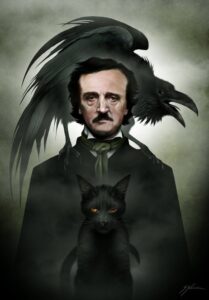 As part of their ongoing and popular “shortcut to the classics” series, Pigweed and Crowhill, with special guest Longinus, review Tell Tale Heart IPA, then discuss Poe’s life and works, including his connection to Baltimore, Maryland.
As part of their ongoing and popular “shortcut to the classics” series, Pigweed and Crowhill, with special guest Longinus, review Tell Tale Heart IPA, then discuss Poe’s life and works, including his connection to Baltimore, Maryland. 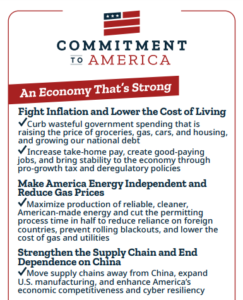 P&C drink and review yet another offering from the Pastryarchy — an Almond Brittle Imperial Stout — then discuss the Republican Party’s “Commitment to America.”
P&C drink and review yet another offering from the Pastryarchy — an Almond Brittle Imperial Stout — then discuss the Republican Party’s “Commitment to America.” 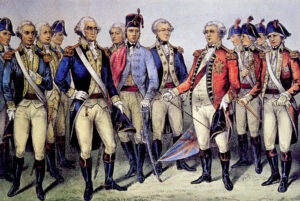 P&C review Kentucky Pumpkin Barrel Ale, then discuss the annual celebration of Yorktown Day.
P&C review Kentucky Pumpkin Barrel Ale, then discuss the annual celebration of Yorktown Day.  The boys take a break from beer and do The Vodka Challenge, in which they do a blind taste test between Titos, Skol, Smirnoff, and a mystery vodka.
The boys take a break from beer and do The Vodka Challenge, in which they do a blind taste test between Titos, Skol, Smirnoff, and a mystery vodka. 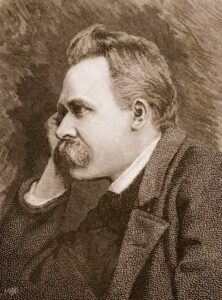 With special guest Longinus, P&C drink and review Warsteiner Dunkel, then discuss the philosophy of Nietzsche.
With special guest Longinus, P&C drink and review Warsteiner Dunkel, then discuss the philosophy of Nietzsche.